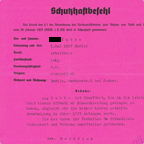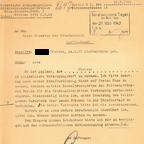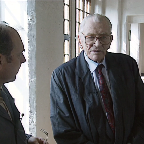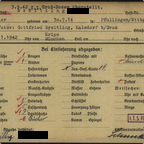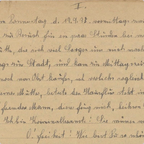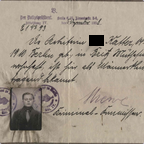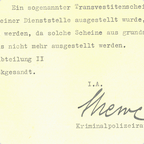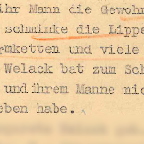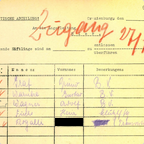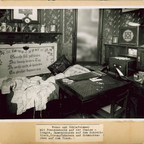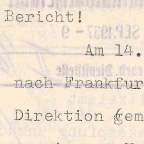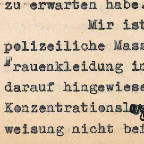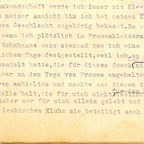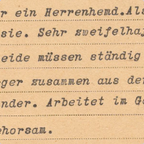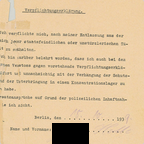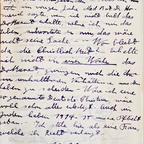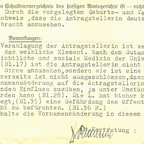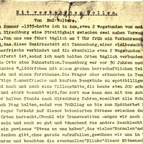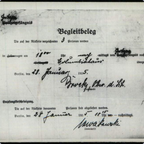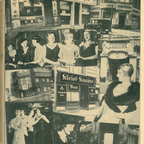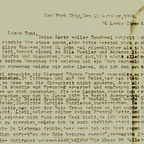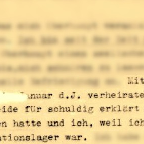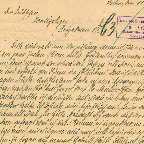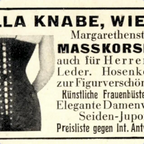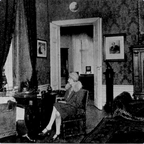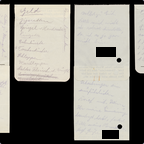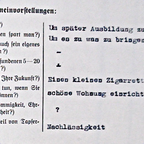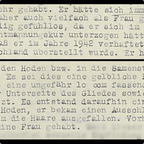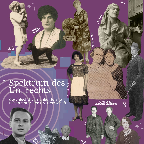Lawsuits
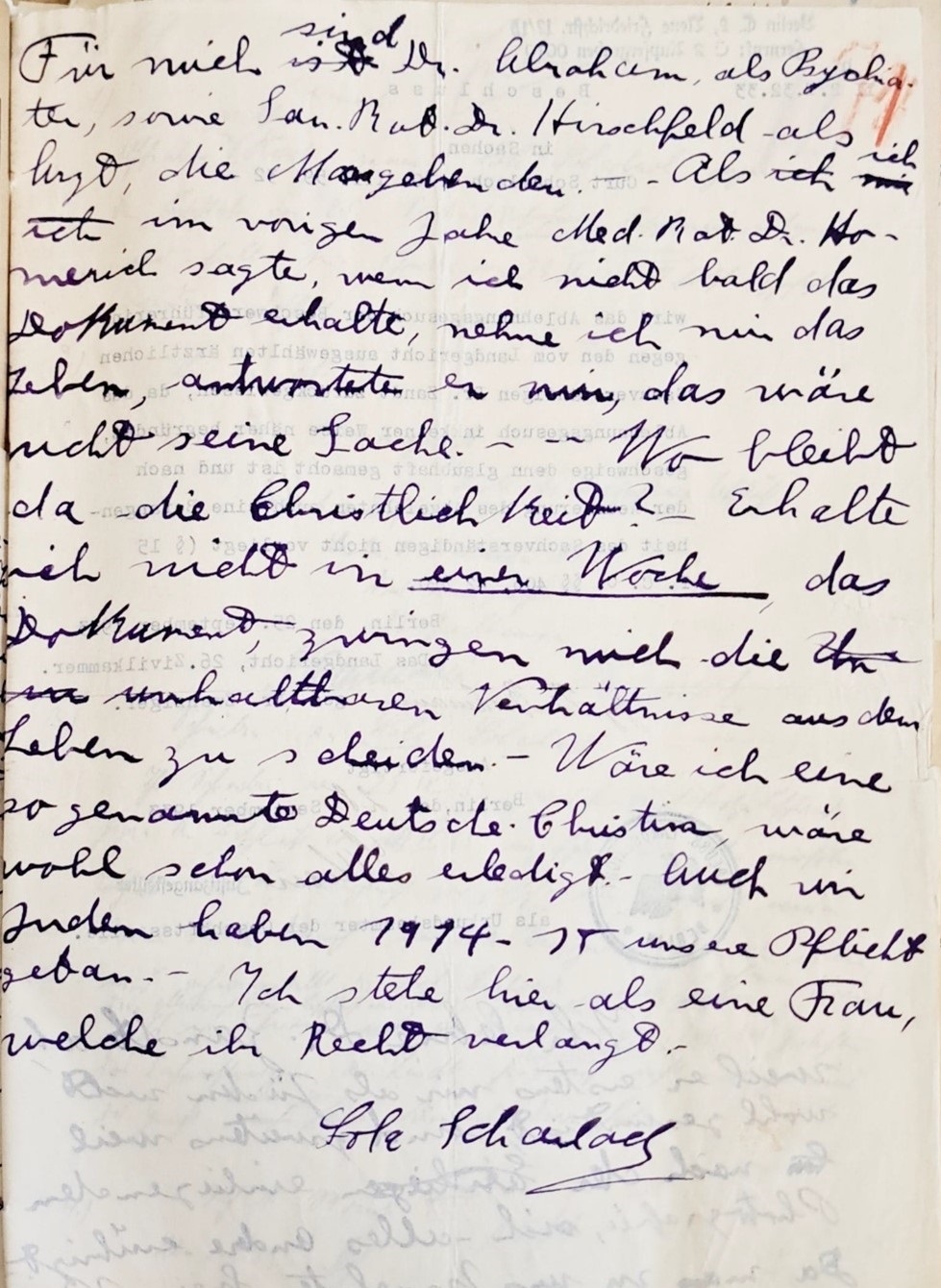
© Berlin State Archives, read full script.
Charlotte Charlaque's letter to the Berlin district court
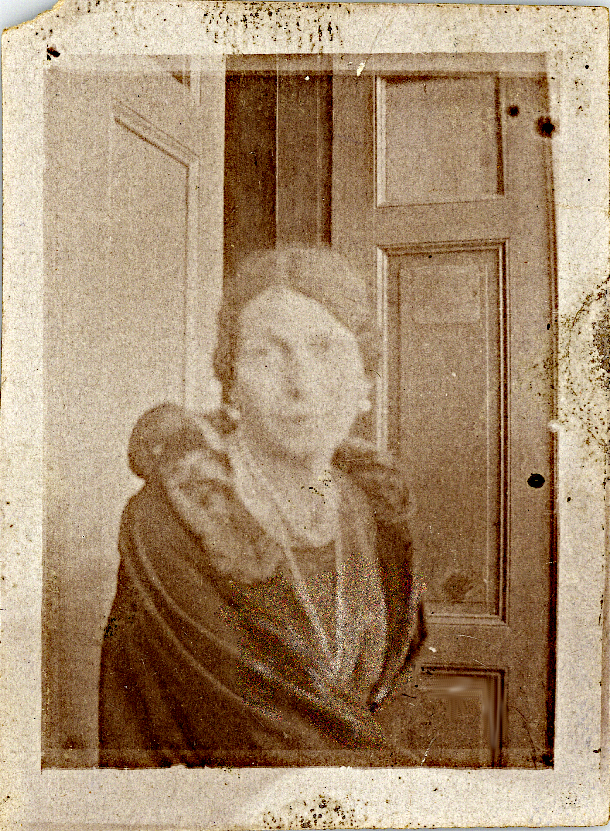
ca. 1933, © Berlin State Archives, © qualitatively reworked by Kai* Brust.
Content warning: In this text Anti-Semitism is discussed.
The transfeminine Jewish actress Charlotte Charlaque wrote this letter to the Berlin district court in early October 1933. It is part of a court file documenting her attempt to change her first name to Lola and gender marker to female. It tells the gruelling story of a proud Jewish woman who fought her way through a forest of antisemitic and transphobic doctors and authorities. As a Jew, she particularly needed the new papers so that she could flee Germany as quickly as possible.
Escape, with a passport that had a male gender marker, held great risk for Charlotte, as she was unambiguously read as a woman. Additionally she had undergone one of the first gender affirming surgeries of her time. Under the pressure of antisemitic persecution, she even saw herself in a position, where she tried to prove her femininity to the court through nude photos. But the process dragged on for so long, that in May 1934, she had to flee to what was then Czechoslovakia, before a finite answer from the court was given. In 1942, shortly before she was to be deported to the ghetto in Theresienstadt, she escaped to the USA with the help of her partner *Toni Ebel, who was also transfeminine.
Despite the weakening of the legal state, court proceedings continued to take place during Nazi rule. In the case of gender nonconforming people, they were primarily fought against them on the basis of suspicion of violating binary gender norms or legal regulations. These included, for example, proceedings for “causing public offence”, “disturbing public order”, Section 175, “document forgery” etc. Those affected could also feel forced to go to court themselves, for example to try to change their first name.

